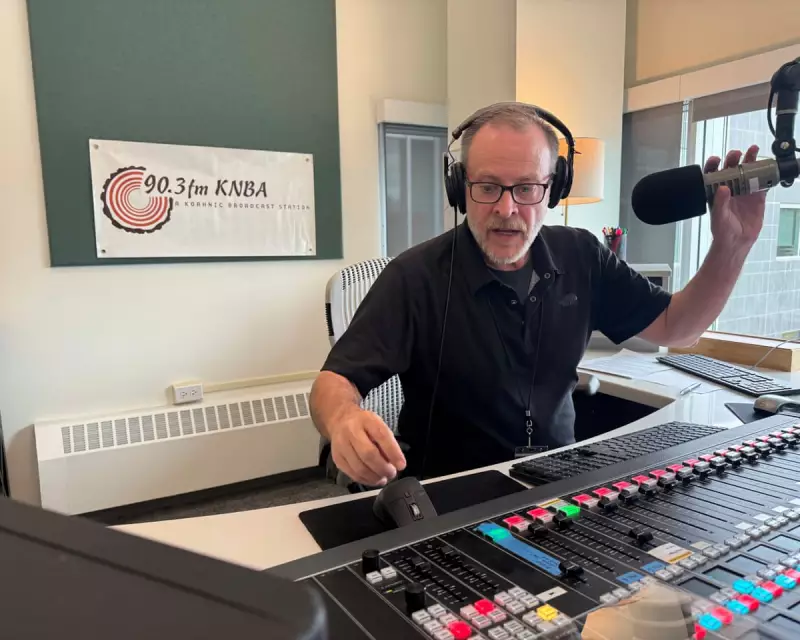
A cornerstone of communication for remote Indigenous communities across the United States has been thrown into crisis following a sudden and severe decision by the Trump administration.
The administration has abruptly terminated crucial federal grants that support Native American radio stations, effectively pulling the plug on a vital news and cultural lifeline for countless tribal nations.
A Lifeline Severed
These stations, often broadcasting from some of the most isolated regions of the country, serve as far more than just radio channels. They are the primary source of local news, emergency alerts—such as details on wildfires or extreme weather—and a critical hub for preserving endangered Indigenous languages and cultural practices.
For many elders and residents in areas with poor internet and mobile service, these broadcasts are an indispensable connection to the outside world and to each other.
The Human Impact: Voices Silenced
The immediate effect of the funding cut is stark. Station managers report being forced to make heartbreaking decisions, with many facing the potential closure of their operations altogether. The grants covered essential costs, from transmitter maintenance to basic studio equipment.
Without this support, stations are now scrambling to stay on air, potentially leaving vast information blackouts in their wake. This move has been condemned by advocacy groups as a direct attack on tribal sovereignty and the right of Indigenous peoples to control their own narratives and access information in their own languages.
Broader Implications for Media Diversity
This decision is seen by media analysts as part of a broader pattern of undermining public and non-profit media outlets. By stripping away funding for these unique stations, the administration is not only silencing Indigenous voices but also significantly reducing the diversity of the American media landscape.
The move raises profound questions about who has access to information and whose stories are deemed worthy of being told, highlighting a deep disconnect with the needs and rights of Native communities.





